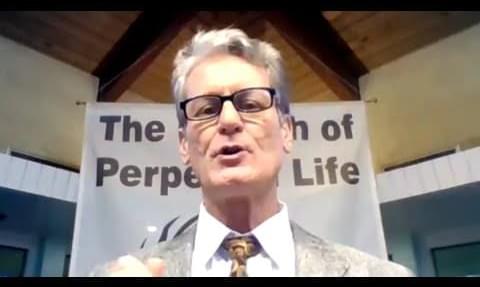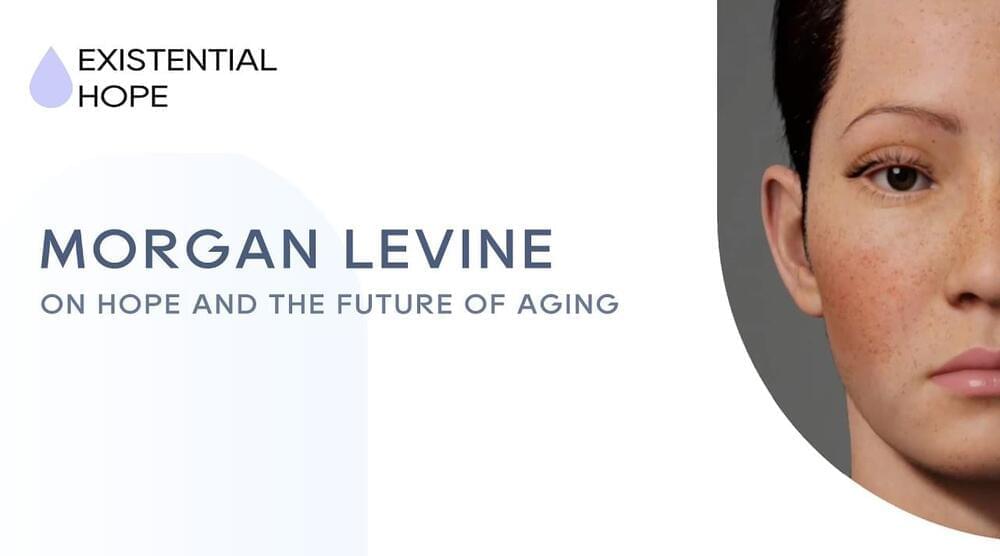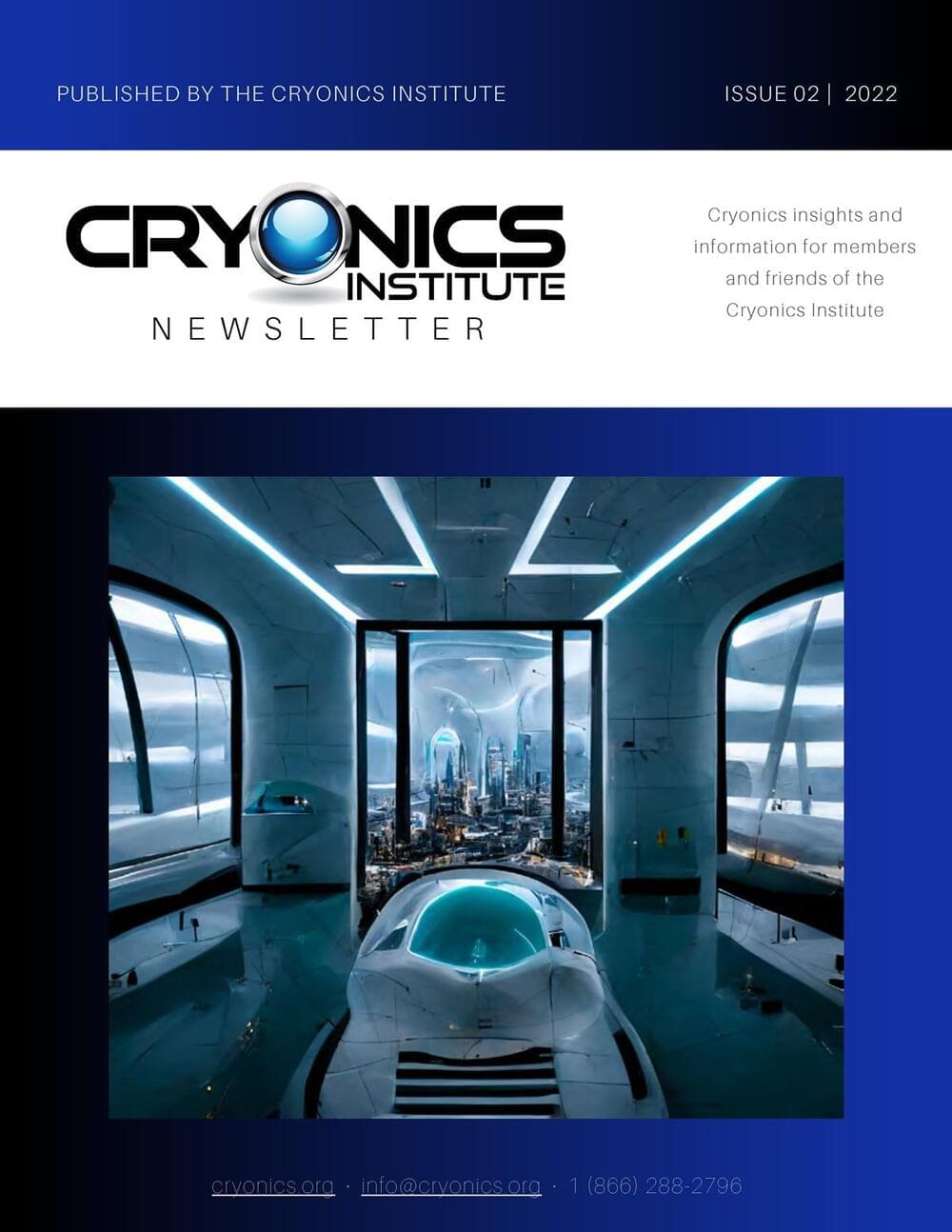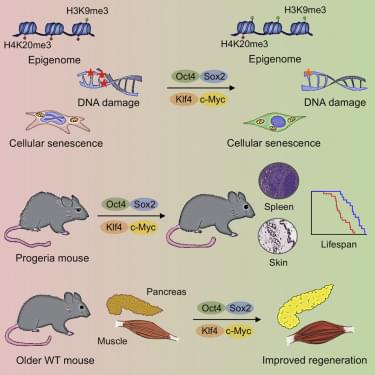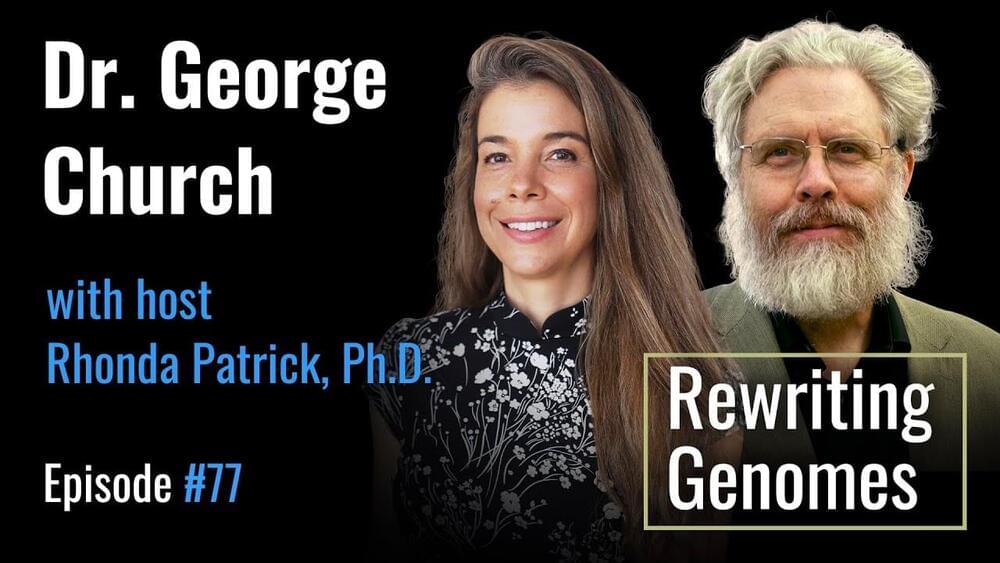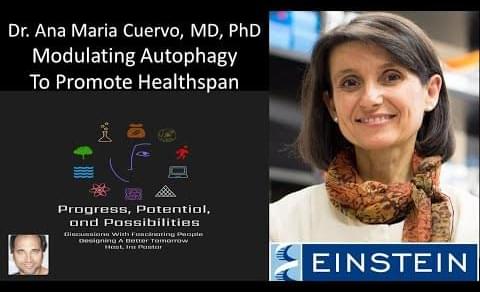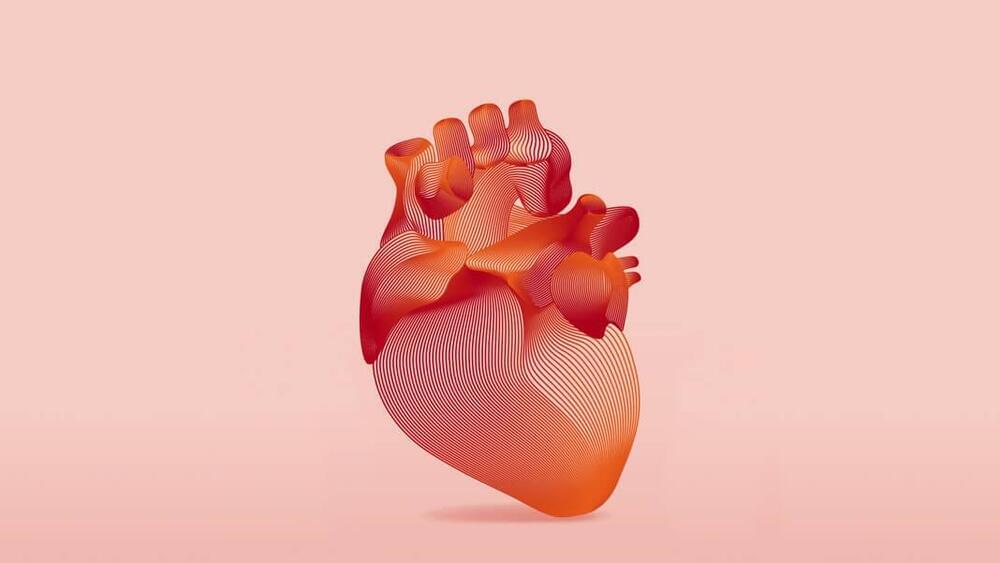
Scientists have long sought to untangle the mystery of how aging links to increased risk of heart disease, a predominant killer of our time. It’s a tough problem: many biological aspects, spanning nature to nurture, can subtly influence heart health. To untangle the mystery, some experiments have lasted over half a century and scaled to hundreds of thousands of people.
The good news? We’ve got clues. With age, heart cells drastically change their function, eventually struggling to contract and release. A new study published in Nature Aging looked deep into genetic code to unravel why this happens.
Starting with a dozen volunteers spanning 0 to 82 years old, the team sequenced the entire genome of 56 heart muscle cells, or cardiomyocytes. The result is the first landscape painting of genetic changes in the aging heart. As we age, the heart gets hit with a double whammy at the DNA level. Cells’ genetic code physically breaks down, while their ability to repair DNA erodes.

